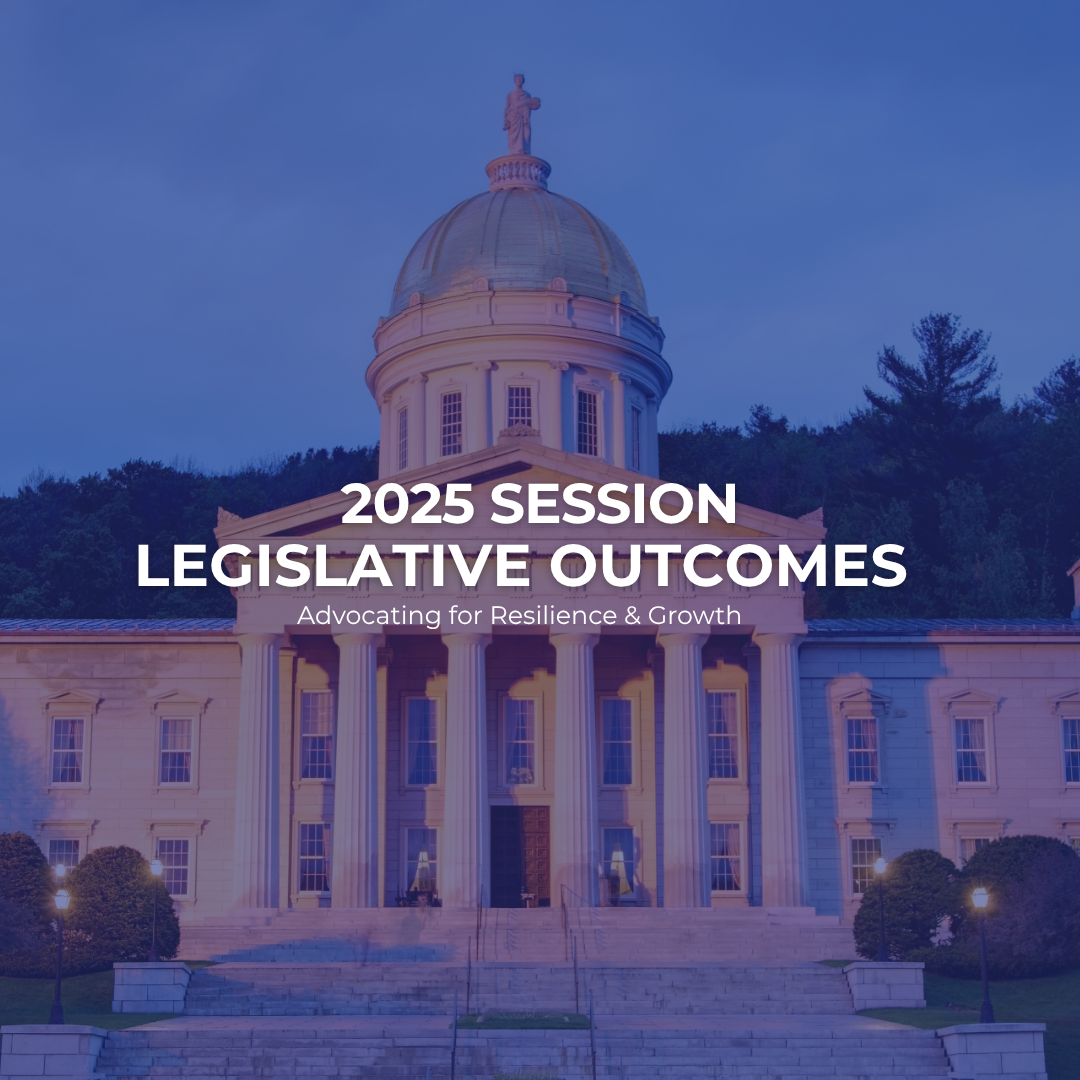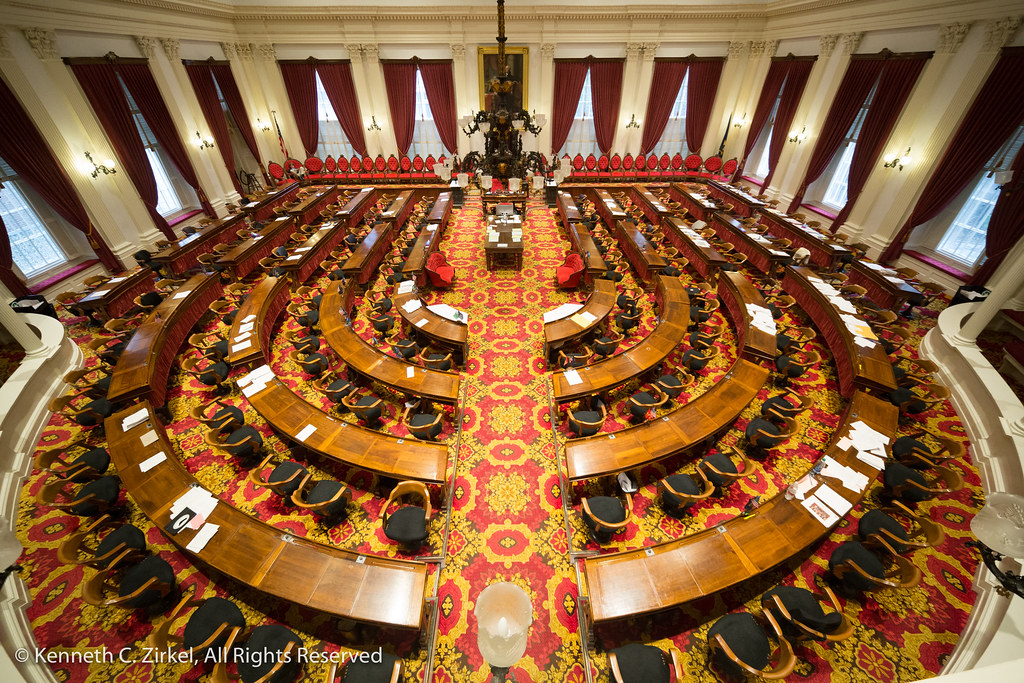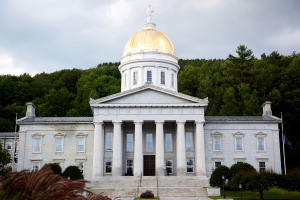No Act 250 Reform This Year
Despite executive action and a handful of bills that, if advanced, would make significant adjustments to Act 250, no changes to the land use law advanced in 2021. Late in the 2021 legislative session, encouraging Act 250 legislation was introduced in identical forms in the House and Senate. The legislation would, among other changes, reform the Natural Resources Board (NRB) and provide certain municipal areas an exemption from Act 250 jurisdiction. In addition to replacing the current five-member Natural Resources Board with a three-member professional full-time board, the two bills would transfer a handful of authorities currently held by District Commissions to the NRB. Exemption from Act 250 jurisdiction for certain Designated Downtowns, Enhanced Village Centers, and Neighborhood Development Areas is a long-standing priority of the Vermont Chamber. If implemented, this change would help facilitate responsible development in municipal areas, which would contribute to the creation of additional affordable housing in Vermont. Similar provisions were unsuccessfully introduced as part of a housing bill last session.
While a consistent priority of both the Scott Administration and the Legislature, Act 250 reform efforts have failed for the past several years. The Vermont Chamber continues to support the modernization of Act 250 to facilitate a more predictable and less costly permit process, while also ensuring Vermont’s natural resources are properly protected. We look forward to supporting these proposals when the Legislature reconvenes. Please contact Vermont Chamber Government Affairs with questions.
SHARE THIS ARTICLE
RECENT NEWS





